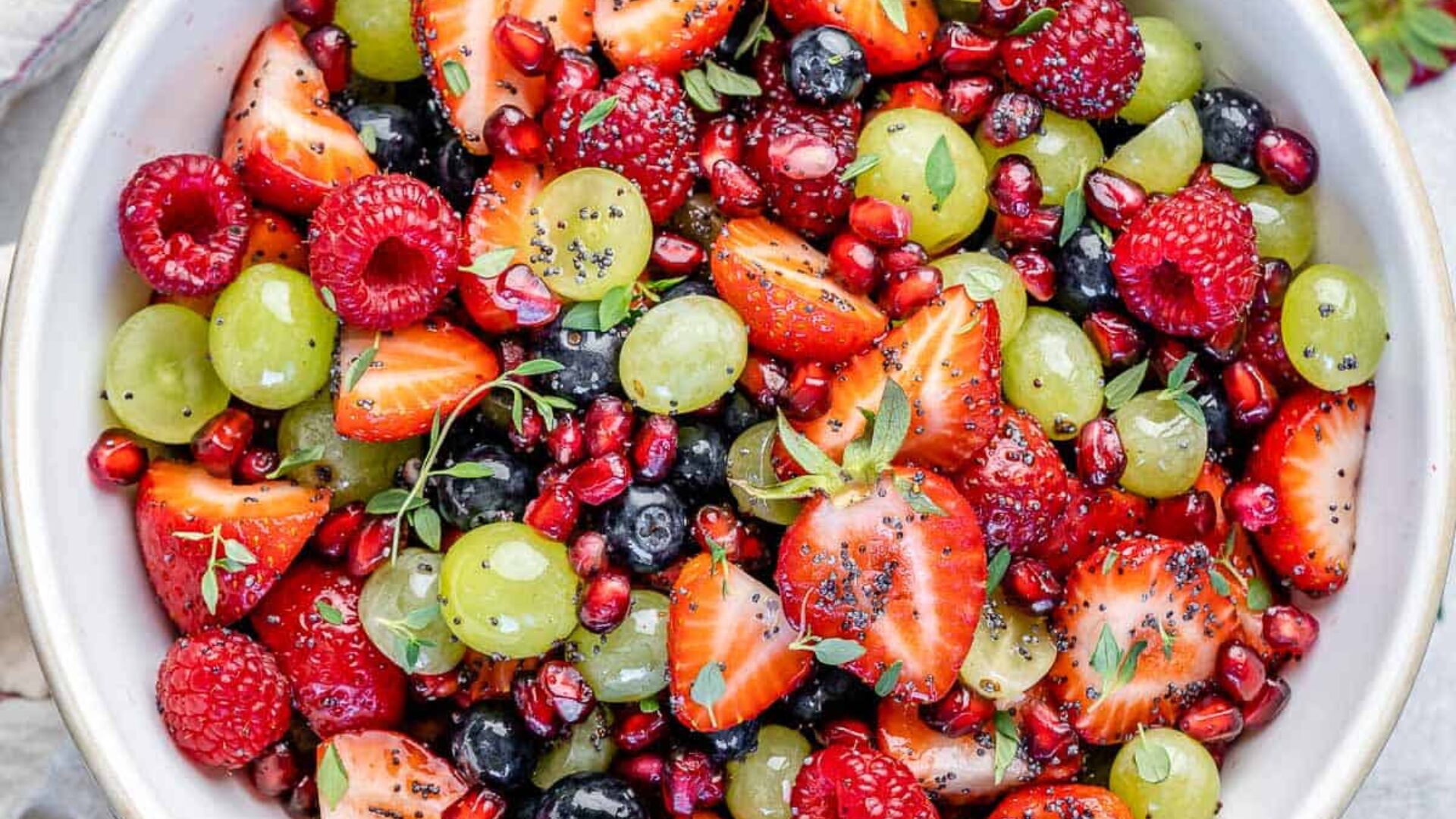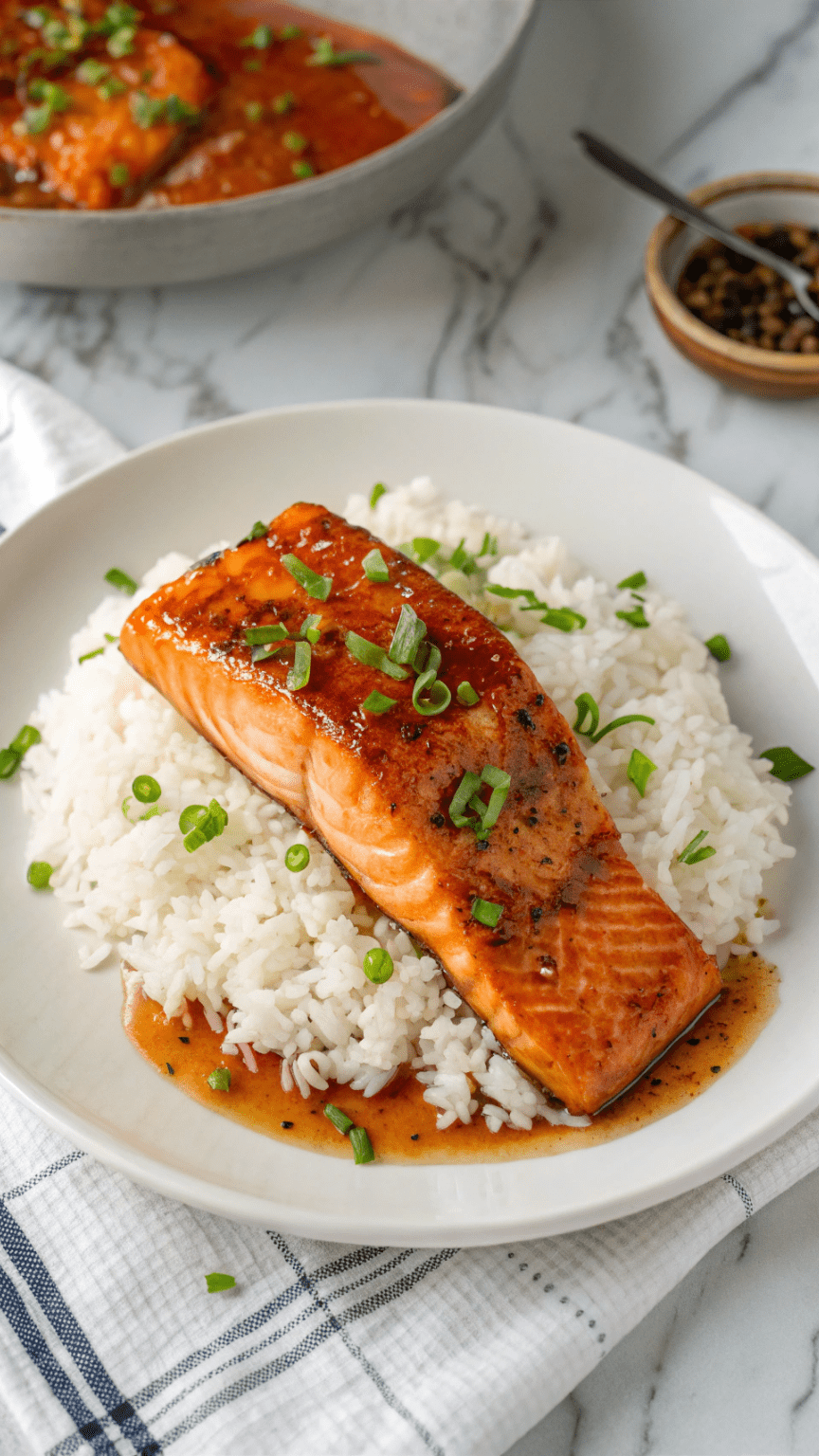Top 10 Low-Sugar Fruits

Welcome to our list of the top 10 low-sugar fruits that are not only delicious, but also great for maintaining a healthy diet.
These fruits are perfect for satisfying your sweet cravings without the guilt of consuming too much sugar. From berries to citrus fruits, you will find a variety of options to enjoy while keeping your sugar intake in check. So sit back, relax, and discover some new favorites that will satisfy your taste buds and keep you feeling good inside and out.
Have you ever wondered which fruits are lowest in sugar? If you’re trying to watch your sugar intake but still want to enjoy some sweet fruits, you’re in the right place!
In this article, we’ll explore the top 10 low-sugar fruits that you can incorporate into your diet. Whether you have diabetes, are following a low-carb diet, or simply want to make healthier choices, these fruits are a great option for satisfying your sweet cravings while keeping sugar levels in check.
Benefits of Low-Sugar Fruits
Low-sugar fruits offer a variety of health benefits and can be a great addition to your diet. They are rich in essential vitamins, minerals, and antioxidants, which are important for overall health and well-being. By choosing fruits that are low in sugar, you can still enjoy the natural sweetness of fruit without causing spikes in blood sugar levels. Additionally, consuming low-sugar fruits can help you maintain a healthy weight, reduce cravings for sugary snacks, and improve digestive health.
Easy on Blood Sugar
Low-sugar fruits are less likely to cause rapid spikes in blood sugar levels compared to high-sugar fruits. This makes them a better option for individuals with diabetes or those aiming to improve their blood sugar control. Choosing fruits with a lower glycemic index can help stabilize blood sugar levels and prevent fluctuations that can lead to energy crashes and cravings.
Top 10 Low-Sugar Fruits
1. Avocado
Avocado is a unique fruit that is incredibly low in sugar and high in healthy fats. It is a great source of monounsaturated fats, fiber, vitamins, and minerals. Avocado is also very versatile and can be enjoyed in both sweet and savory dishes.
2. Raspberries
Raspberries are delicious and nutrient-dense fruits that are low in sugar and high in fiber. They are packed with antioxidants, vitamins, and minerals that offer numerous health benefits. Raspberries are perfect for snacking, adding to smoothies, or topping off your favorite yogurt or oatmeal.
3. Blackberries
Blackberries are another low-sugar fruit that is rich in antioxidants and fiber. They have a slightly sweet and tart flavor, making them a great addition to salads, desserts, or eaten on their own. Blackberries are also high in vitamin C, vitamin K, and manganese.
4. Strawberries
Strawberries are not only delicious but also low in sugar and high in vitamin C and other nutrients. They are a great source of antioxidants that can help support immune health and reduce inflammation. Strawberries can be enjoyed fresh, frozen, or added to various dishes and desserts.
5. Watermelon
Watermelon is a refreshing and hydrating fruit that is low in sugar and calories. It is rich in water content, making it an excellent choice for staying hydrated during hot summer days. Watermelon is also a good source of vitamins A and C, as well as antioxidants like lycopene.
6. Kiwi
Kiwi is a tropical fruit that is not only low in sugar but also high in fiber and vitamin C. It has a unique tangy flavor and a soft texture that makes it a popular choice for fruit salads, smoothies, or eaten on its own. Kiwi is known for its digestive health benefits and can help support gut health.
7. Peaches
Peaches are juicy fruits that are low in sugar and a good source of vitamins A and C. They have a sweet and fragrant flavor that is perfect for enjoying as a snack or in recipes like smoothies, desserts, or savory dishes. Peaches are also rich in antioxidants that may help protect against chronic diseases.
8. Cantaloupe
Cantaloupe is a sweet and aromatic fruit that is low in sugar and high in water content. It is a good source of vitamins A and C, as well as potassium and other nutrients. Cantaloupe is great for hydration, supporting eye health, and promoting healthy skin.
9. Lemons
Lemons are citrus fruits that are low in sugar and calories but packed with vitamin C and antioxidants. They have a tangy and refreshing flavor that can be used in various culinary applications like salad dressings, marinades, beverages, and desserts. Lemons are known for their cleansing and detoxifying properties.
10. Grapefruit
Grapefruit is a citrus fruit that is low in sugar and calories but high in fiber and vitamin C. It has a tangy and slightly bitter flavor that pairs well with both sweet and savory dishes. Grapefruit is known for its weight loss benefits, digestive health support, and immune-boosting properties.
Enjoying Low-Sugar Fruits
When choosing low-sugar fruits, opt for fresh, whole fruits whenever possible to maximize their nutritional benefits. You can also enjoy low-sugar fruits in a variety of ways, such as adding them to salads, smoothies, yogurt, oatmeal, or eating them on their own as a simple and healthy snack. Experiment with different combinations and recipes to discover new ways to incorporate these fruits into your diet. Remember that moderation is key, even with low-sugar fruits, as consuming them in excess can still contribute to overall sugar intake.
Incorporating a variety of low-sugar fruits into your diet can help you meet your daily nutrient needs, support your overall health, and satisfy your sweet tooth without overloading on sugar. By making smart choices and being mindful of your fruit consumption, you can enjoy the natural goodness of fruits while keeping your sugar intake in check.
So go ahead and indulge in these top 10 low-sugar fruits
for a delicious and nutritious treat!
Share:
Related Posts

Honey Garlic Salmon with Rice
This quick and easy honey garlic salmon with rice is sweet, savory, and packed with protein. A healthy weeknight dinner ready in under 30 minutes!

Weight Gain Food List for Women: Nutrient-Rich Foods to Build Healthy Curves
Looking to gain weight the healthy way? Discover the best weight gain food list for women featuring high-calorie, nutrient-dense options that support muscle growth and curves.

Flaxseed Cookies
hese chewy flaxseed cookies are a healthy, fiber-packed treat perfect for snacking. Made with simple ingredients, they’re gluten-free, naturally sweetened, and delicious!

How to Reduce Sugar Cravings Naturally (Without Feeling Deprived)
Want to cut back on sugar without the cravings and frustration? Learn practical, low-stress ways women can reduce sugar intake while still enjoying food and feeling satisfied.






